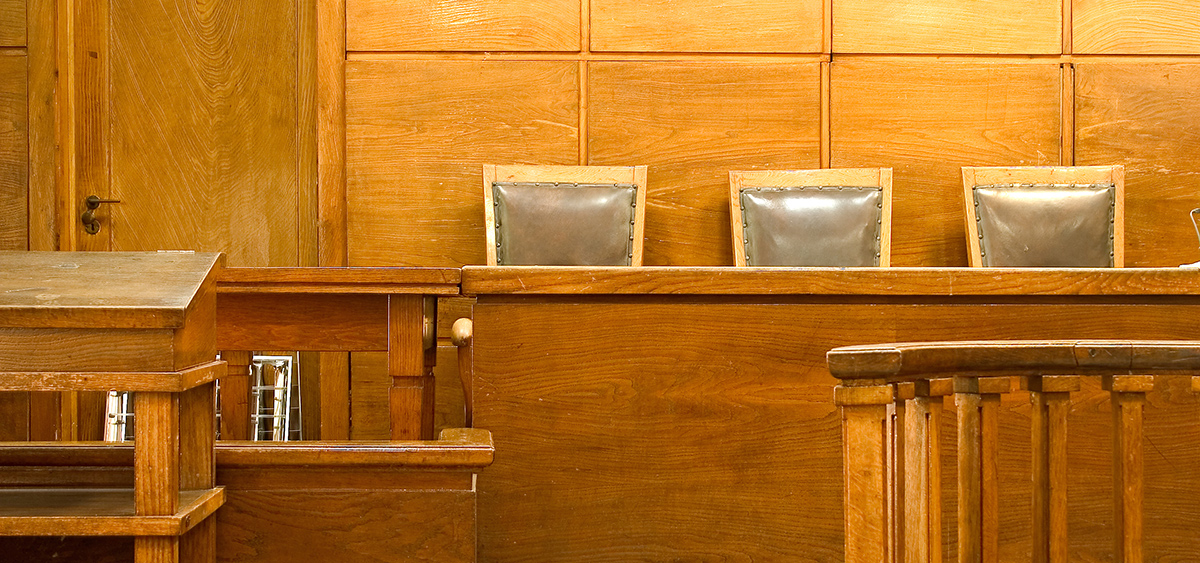After completing all the steps needed to prepare for their divorce case, the spouses finally get a trial date. What happens during a divorce trial? How does the judge deal with temporary decisions made by other judges in the case?

What Happens at a Divorce Trial
A divorce trial takes place like any other court trial.
Each spouse (or a lawyer representing the spouse) has a chance to do the following:
- testify
- call witnesses to testify
- present evidence, such as invoices or proof of income
- question the other spouse’s witnesses
- state which laws apply to the case
- refer to favourable decisions other judges have made in similar cases
- argue about what these laws and other decisions mean and how they apply to the case
Trial Judge Can Put Aside Other Temporary Decisions
The judge who hears the trial does not have to follow decisions about safeguard orders and provisional measures made by other judges earlier in the case.
The final decision by the trial judge on the very same issues can be completely different, such as decisions about the amount of child support payments.
However, in practice, judges tend to consider decisions other judges have made in the past.
Trial Judge’s Decision
The trial judge hearing the divorce case makes a final decision on the issues raised in the divorce application and in the cross demand (requests by the other side), if there is one.
These are some examples of what the trial judge decides:
- the divorce (granting or refusing the divorce)
- child custody and visiting rights
- child support payments
- spousal support payments
- division of the family patrimony (family property)
- end of the matrimonial regime
- awarding a compensatory allowance
Divorce: Vocabulary Change in the LawSince March 1, 2021, the Divorce Act no longer uses the terms “custody” or “access”. The law now uses the term “parenting time” to describe a divorced parent’s relationship with a child of the marriage. For more information, see our article Divorce: What Is “Parenting Time” and What to Do When Moving. |
The judge can make the decision right away or take some time to think about it (maximum of six months). The decision is in what is called a judgment.
If a Spouse is Not Satisfied With the Divorce Judgment
The spouses usually have 30 days as of the date of the divorce judgment to file an appeal if they are not satisfied with one or more of the decisions it contains. An appeal means a request to change the judgment.
The section of the divorce judgment dealing with custody of the children, visiting rights and support payments can be reviewed in the future if an important and unexpected change occurs.
When the Divorce Comes Into Effect
If there is no appeal, the divorce judgment takes effect on the 31st day after the judge made the decision, and a divorce certificate can then be issued upon request.





